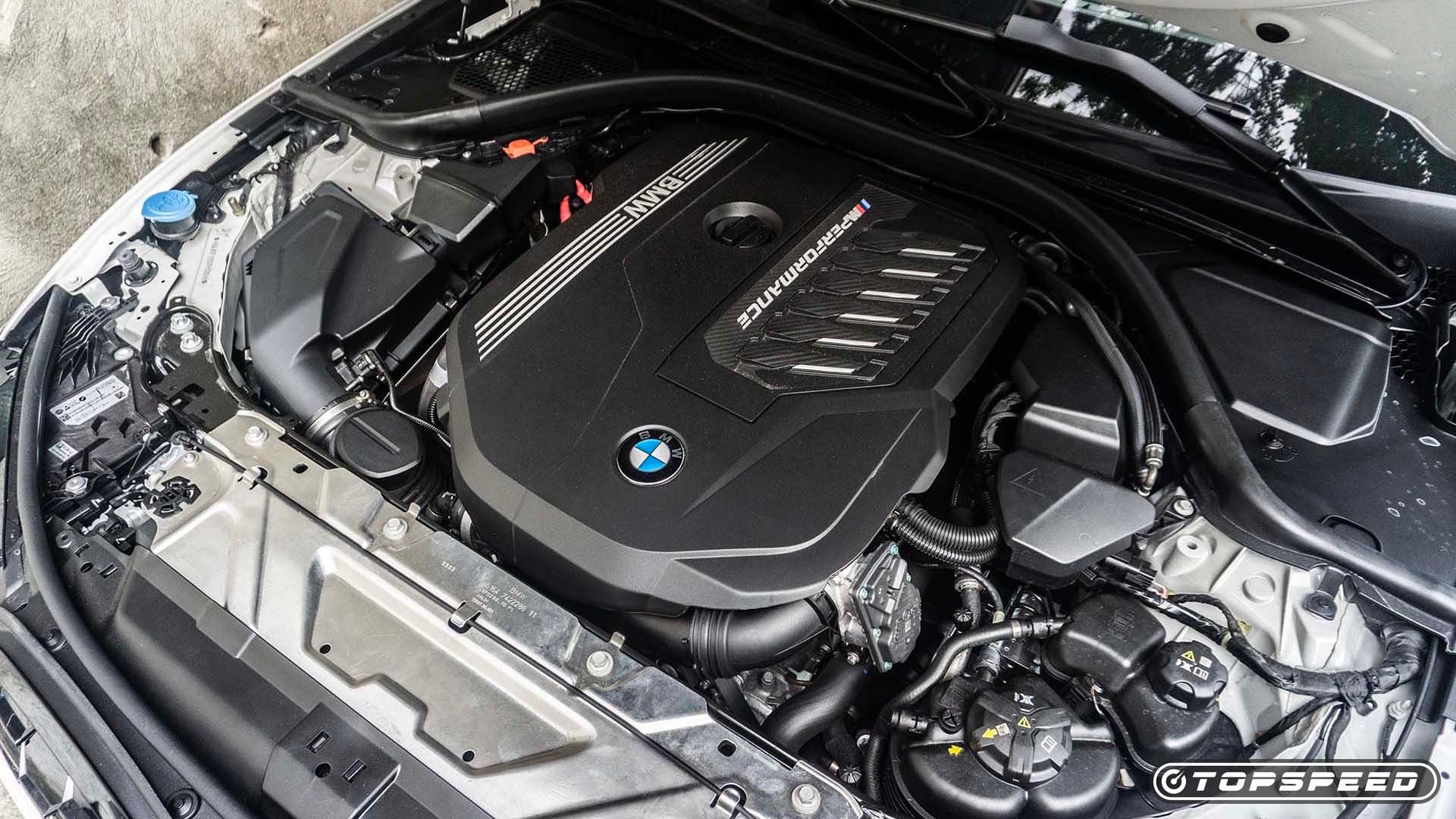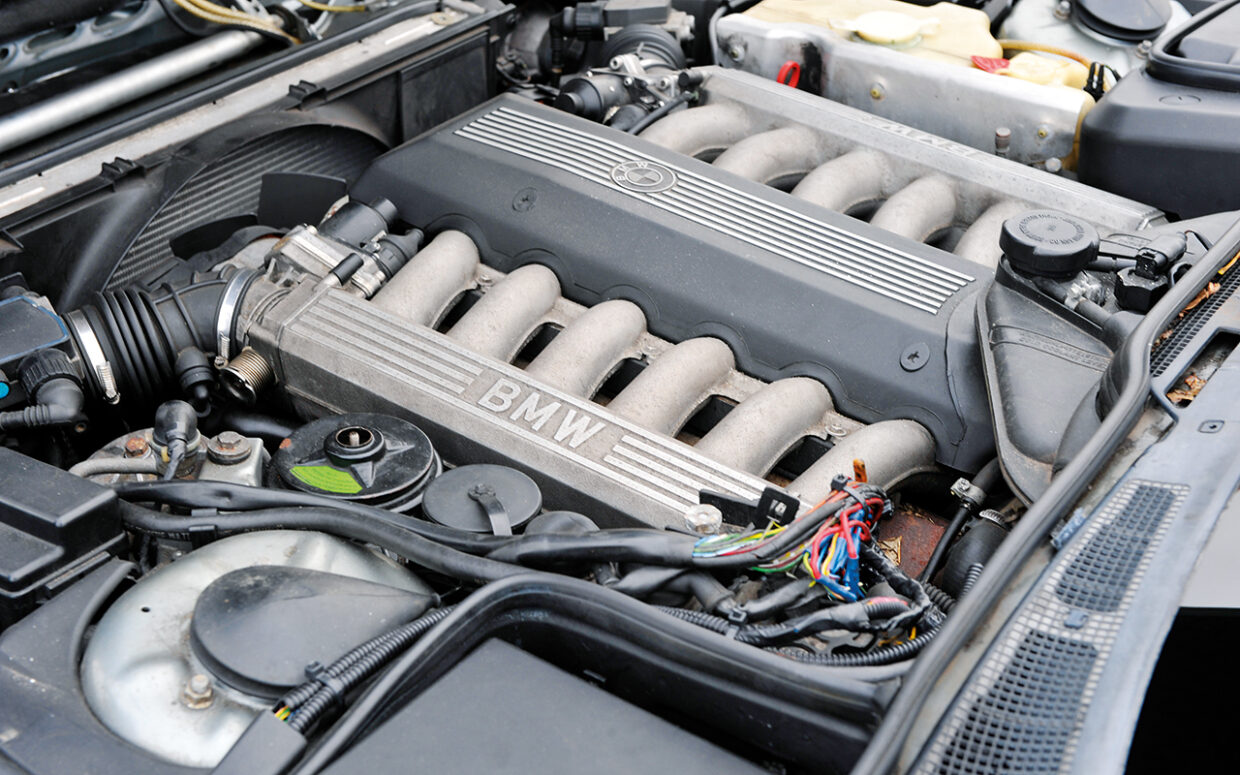Top 5 BMW Engine Technologies Revolutionizing the Automotive Market
Top 5 BMW Engine Technologies Revolutionizing the Automotive Market
Blog Article
Revealing the Intricacies of Next-Generation Power Units: a Deep Dive Into Advanced Engine Innovations and designs
As we stand on the precipice of a brand-new period in transport, the complexities of next-generation engine layouts bid us to discover the innovative modern technologies and technologies that assure to redefine the driving experience. Delving much deeper into the realms of discharge control, intelligent engine administration systems, and the horizon of power device growth, we discover ourselves on the cusp of a makeover that guarantees to reshape the landscape of flexibility as we recognize it.
Development of Engine Materials

The shift towards progressed engine products has actually additionally allowed engineers to make engines with greater power outputs while maintaining fuel performance standards. The usage of lightweight materials reduces the overall weight of the engine, leading to improved gas economic climate and lower exhausts. Additionally, advancements in products technology have enabled better thermal management within engines, causing increased dependability and long life.
Turbocharging and Supercharging Technologies
How do Turbocharging and Supercharging Technologies change engine performance and efficiency in modern-day vehicles? Turbocharging and supercharging are technologies that dramatically boost engine performance by enhancing the amount of air intake into the combustion chamber. Turbocharging achieves this by using a wind turbine driven by exhaust gases to pressurize the intake air, while supercharging utilizes a belt- or chain-driven compressor to achieve the exact same effect.
These modern technologies allow smaller sized, more fuel-efficient engines to generate power comparable to larger ones, called downsizing. Forcibly even more air right into the cyndrical tubes, turbo charging and turbocharging enhance burning performance, leading to increased horsepower and torque result without a considerable rise in engine size. This causes much better velocity, lugging ability, and general driving performance.
Additionally, turbocharging and supercharging add to enhanced gas efficiency by enabling the usage of smaller sized engines that consume much less gas under typical driving problems - bmw engine. This combination of boosted efficiency and performance has made turbocharging and turbo charging indispensable components of lots of modern-day engine styles
Emission Control and Environmental Effect
With raising global issues regarding air top quality and environmental sustainability, the implementation of exhaust control technologies in cars plays an important duty in minimizing dangerous contaminants released into the atmosphere. Modern lorries are geared up with advanced exhaust control systems that help decrease the environmental influence of automobile procedures. Catalytic converters, as an example, are made to transform poisonous gases such as carbon monoxide, nitrogen oxides, and hydrocarbons into less damaging substances like co2 and water vapor.
Additionally, innovations in engine technology, such as the combination of exhaust gas recirculation systems and careful catalytic decrease, have considerably added to lowering discharges. These technologies operate in tandem to enhance combustion performance and minimize the release of damaging toxins right into the air. In addition, the advancement of hybrid and electric automobiles stands for a critical action best site towards decreasing the overall ecological footprint of the transport field.
Intelligent Engine Administration Systems

Moreover, these systems enable cars to fulfill rigorous exhausts criteria without endangering performance, offering a much more ecologically pleasant driving experience. The combination of synthetic intelligence and device knowing capabilities in engine monitoring systems remains to push the limits of what is feasible, bring about further renovations in efficiency, dependability, and overall automobile performance. bmw engine. As vehicle modern technology advances, smart engine management systems will play an essential duty in shaping the future of transport towards an extra lasting and effective instructions
Future Trends in Power Unit Growth
As intelligent engine monitoring systems lead the means for enhanced control and optimization in modern cars, future trends in power device growth are poised to redefine the landscape of vehicle propulsion modern technologies. Among the essential trends driving development in power system development is the shift in the direction of electrification. With an increasing concentrate on sustainability and lowering carbon discharges, crossbreed and electric powertrains are becoming extra common in the automobile industry. These alternative power sources provide improved effectiveness and performance while lining up with rigid ecological guidelines.
Another significant fad is the combination of innovative products and manufacturing strategies. Lightweight products such as carbon fiber and aluminum are being made use of to minimize total vehicle weight, enhancing gas efficiency and performance. In addition, developments in 3D printing and additive manufacturing are allowing the manufacturing of intricate engine components with greater precision and resilience.
Moreover, synthetic knowledge and artificial intelligence are playing an essential function in optimizing power device efficiency. These innovations permit real-time surveillance and flexible control, bring about a lot more dependable and reliable power distribution. In general, future trends in power system advancement are tailored in the direction of performance, effectiveness, and sustainability, driving the auto industry in the direction of a brand-new era of propulsion technologies.

Conclusion
In conclusion, the innovations in engine materials, turbocharging, emission control, and intelligent management systems have actually paved the means for next-generation power systems. The intricate designs and technologies in modern engines showcase the ongoing development of vehicle modern technology.
Exploring the modern improvements in engine materials has been crucial in boosting the performance click here for more info and efficiency of modern engines. Over the years, the development of engine materials has played you can try here a critical function in pressing the borders of what engines can attain.The shift in the direction of advanced engine products has actually additionally made it possible for engineers to design engines with higher power outputs while preserving gas effectiveness standards.The execution of smart engine management systems in contemporary cars has actually reinvented the means engines are controlled and optimized for efficiency and effectiveness. By collecting information in real-time and analyzing it with innovative algorithms, intelligent engine administration systems can adjust to driving styles, environmental variables, and engine health and wellness to maximize power output while lessening gas usage and exhausts.
Report this page